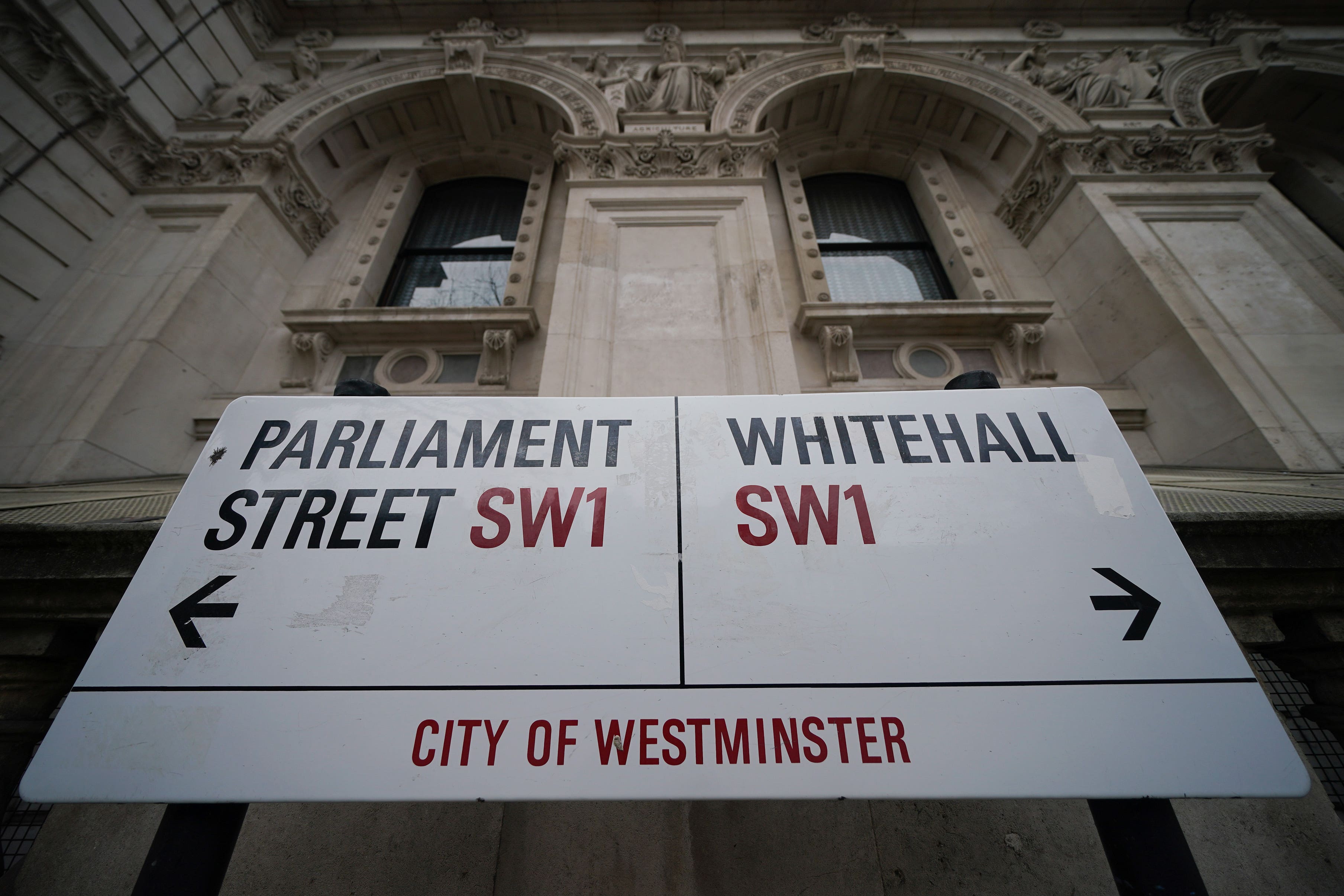Statistics watchdog calls for Whitehall data transparency to become ‘the norm’
Head of the Office for Statistical Regulation told MPs some Government departments continue to withhold analysis as a communications strategy.

More must be done to improve the transparency of ministerial decision-making and processes in Government departments to boost public trust, according to the UK’s statistical watchdog.
Ed Humpherson, head of the Office for Statistics Regulation (OSR), told MPs that making the data that informs policy statements publicly available is yet to become “the norm”, with some officials either deciding that releasing the information does not fit with their communications strategy or they simply forget to do so.
The regulator’s comments to the Public Administration and Constitutional Affairs Committee come amid broader concerns over Government transparency.
A recent report by the Institute for Government said the Government’s performance on transparency had “floundered”.
What we then find is cases where, in a specific moment, a particular department concludes that it is not in its communications interests, or they forget to make the underlying data available
Meanwhile, the UK Government fell to 24th place in the Organisation for Economic Co-operation and Development’s most recent open data rankings, down from third place in 2014.
Mr Humpherson told MPs the OSR intervenes to reiterate principles of “integrity and transparency” when the underlying analysis used to shape a statement made by a minister or department is not made publicly available.
But, using a striking metaphor, he described ongoing shortcomings and lack of consistency across Whitehall.
Mr Humpherson said: “I think of this as being like a garden on a bright morning where the shadow is gradually retreating and the sunlight is gradually coming across.
“We have got the sunlight on official statistics. We are gradually moving into that space for Government statements being supported and I would love that sunlight to extend into further parts of analysis as well.”
Mr Humpherson later admitted there is a “risk” to policy development if data is not being openly assessed and suggested words were not always matched by action in Government departments.
He added: “The thing I am concerned about is that whenever we talk senior officials about this, we call it intelligent transparency, we get sign-up from senior officials, permanent secretaries who absolutely endorse and recognise it.
So I would really want to see those commitments that we hear from senior officials being much more publicly made, and much more embedded in their practices and processes
“What we then find is cases where, in a specific moment, a particular department concludes that it is not in its communications interests, or they forget to make the underlying data available.
“So I would really want to see those commitments that we hear from senior officials being much more publicly made, and much more embedded in their practices and processes.
Mr Humpherson clarified that Government departments “generally do comply” once the regulator requests the release of data, but he admitted there is sometimes “a lag”.
“We do secure that but I think sometimes it can be done a bit more quickly and I would prefer not to have to step in on this at all. Actually, I would prefer it to be the norm,” he said.
When questioned about other processes that require improvement, Mr Humpherson said evaluations of the impact of policy are “one of the weaker areas” and something the regulator “would really push for there to be more transparency about”.
He added making these evaluations publicly available would benefit the Government and improve public trust.
“There will be some evaluations which are done which show that policies haven’t worked as intended, but I think that as long as Government is willing to make the bad news available, then people will be confident in the good news when the evaluation says there is good news,” Mr Humpherson added.
The ONS's approach to revisions is appropriate and well managed and our overall conclusion is that the more extreme criticisms that ONS received are misplaced
The Office for National Statistics (ONS) has recently been criticised for various aspects of its approach, particularly its move last year to revise gross domestic product.
Following a review by the regulator at the time, Mr Humpherson said: “The ONS’s approach to revisions is appropriate and well managed and our overall conclusion is that the more extreme criticisms that ONS received are misplaced.”
When questioned by the committee about the ONS, Mr Humpherson said the problem was less about the underlying statistics and more to do with a need for the organisation to be more open about its approach.
He added: “I have encouraged the ONS to really think about how it responds to users, to challenge and how it communicates uncertainty.”
Bookmark popover
Removed from bookmarks